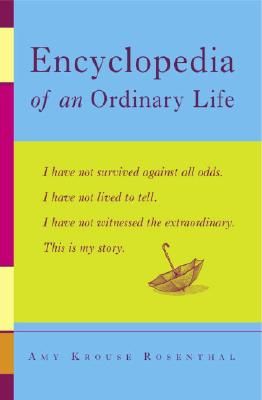Home
The Narrative Complexity of Ordinary Life: Tales from the Coffee Shop
Loading Inventory...
Barnes and Noble
The Narrative Complexity of Ordinary Life: Tales from the Coffee Shop
Current price: $89.00


Barnes and Noble
The Narrative Complexity of Ordinary Life: Tales from the Coffee Shop
Current price: $89.00
Loading Inventory...
Size: OS
*Product Information may vary - to confirm product availability, pricing, and additional information please contact Barnes and Noble
Our everyday lives are enmeshed in storytelling: the stories we tell about our memories, the people we know, and the world we inhabit; those we tell about our families and communities; and the narratives we encounter in books, movies, and television. Narrative structures how we view ourselves and everything around us.
In
The Narrative Complexity of Ordinary Life
, William L. Randall shows how concepts central to the study of narrative psychologysuch as narrative development and the interrelation between narrative and identity, cognition, and developmentare integral to everyday life. He makes the case that all people function as narrative psychologists by continually storying their lives in memory and imagination, as well as speculating on the stories that others may be living, a process that Randall refers to as storyotyping.
Relying heavily on narrative, Randall draws from experiences in his own life to illustrate various concepts in narrative psychology. His inquiry leads him to the topics of gossip, rumor, and the narrative complexity of nostalgia. In doing so, he makes the case that all people function as narrative psychologists by continually storying - or, cementing - their lives in memory and imagination, a process Randall refers to as "storyotyping".
In
The Narrative Complexity of Ordinary Life
, William L. Randall shows how concepts central to the study of narrative psychologysuch as narrative development and the interrelation between narrative and identity, cognition, and developmentare integral to everyday life. He makes the case that all people function as narrative psychologists by continually storying their lives in memory and imagination, as well as speculating on the stories that others may be living, a process that Randall refers to as storyotyping.
Relying heavily on narrative, Randall draws from experiences in his own life to illustrate various concepts in narrative psychology. His inquiry leads him to the topics of gossip, rumor, and the narrative complexity of nostalgia. In doing so, he makes the case that all people function as narrative psychologists by continually storying - or, cementing - their lives in memory and imagination, a process Randall refers to as "storyotyping".


















